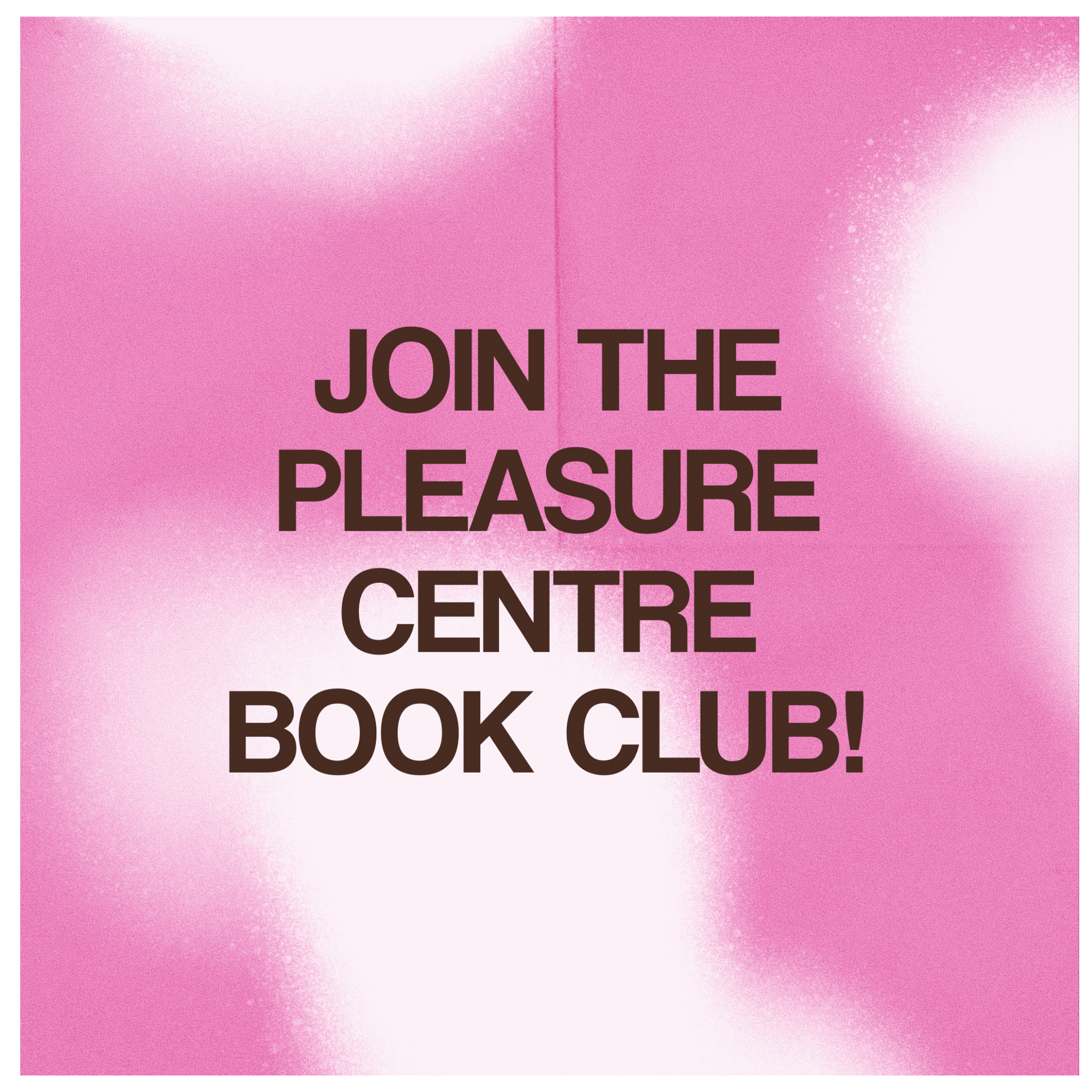The kinda-sorta-weekly blog written by The Pleasure Centre creator, Aleks.
In these blogs Aleks covers important topics ranging from sexuality and sexual function, relationships and body image to feminist theory and mental health. 🧠 💕 🏳️⚧️ 🏳️🌈
Stay up to date with new blogs and upcoming topics via our Instagram.
How does Sexual Response work?
Many people assume sexual function=sexual response. But these are two different things that are often not included in our sex education.
Sexual function relates to the physiological and biological occurrences in our bodies and genitals that are required for sexual activity.
Food Guilt
It’s the most wonderful time of the year… for the few of you that don’t have body image concerns.
For the rest of us, it’s stressful af. This is your guide to navigating the holidays, and any guilt around eating and drinking that might arise.
Burnout
Burnout is a term you may have heard thrown around in conversation lately. Especially as the year comes to an end, many people will describe feeling burnt out by work, the pandemic, and other life stressors. Burnout is often associated with stress. When people describe themselves as ‘burnt out’, it usually implies their ability to cope with stress has run out.
Body Image & Sexuality
Sex involves one or more bodies. They’re the vessels that facilitate the pleasure we all hope to experience. But often people’s perceptions of their bodies act to distract them, and at times can contribute to performance anxiety.
Boundaries
All boundaries can be backed up with consequences. This shows people how seriously we aim to take our own needs, as well as live by our values. Creating consequences can be difficult because it requires not only the energy of setting the boundary, but following through.
How to build sexual intimacy
It is often the case that when couples have fostered intimacy, there is less focus on their sex life. However when couples report feeling ‘distanced’ from one another, a lot of focus is placed on their sex life, and how sexually dissatisfied they are.
Bisexuality Awareness
Bisexuals vary from other sexual minority subgroups in their unique experience of discrimination including biphobia. This makes them at greater risk of being diagnosed with anxiety, depression, and substance abuse compared to their heterosexual and homosexual counterparts.
The Dual Control Model of Desire
The body's central nervous system has several stop-and-start mechanisms that help control biological responses to our environment; the dual control model being one of them. To understand sexual response, we can observe the relationship between the sexual excitation system (SES) and sexual inhibition system (SIS).
Performance Anxiety
Performance anxiety can be maintained by a cycle of avoidance. This usually involves a difficult or negative experience where anxiety was first experienced, and where anxious symptoms occurred. Some avoidance behaviours can creep in, like avoiding sex altogether.
The Cycle of Anxiety
Anxiety involves a series of changes in your body that prepare you to act in order to regain a sense of safety. An effective way to do this, is to escape or avoid whatever might have triggered you. While avoidance helps to reduce anxiety in the short term, it tends to increase in the long term as you eventually have to face the trigger again.
3 Components to Sexual Pleasure
You may have heard of the ‘pleasure centre’ of the brain, systems of which lead us to move toward different stimulus that feel good, or move away things that feel bad. This stimulus can vary depending on each person, and therefore I refer to it as ‘default’. It’s whatever stimulated us at the time that our pleasure centre liked enough to pursue further.
Shame and the Inner-Critic
The evolutionary value of shame is to protect us from rejection from our community. Shame makes us want to hide whatever it is that might make someone kick us out.
Marsha Linehan (creator of Dialectical Behaviour Therapy) would prompt us to consider- Is shame justified? Does your experience of shame fit the facts of the situation? Will you actually get rejected?
Pleasure Mapping: An exercise to expand your sexual communication
You’ll notice that orgasm, lubrication, or ejaculation are not a priority in this exercise. And that is deliberate. Slowing down your pleasure with your self or others will allow the space away from goal-oriented sex, and toward maximising pleasure.
understanding sexual arousal
So to understand arousal, it requires each person to recognise the psychological (stress, attitudes about sex), social/cultural (messages about sex), biological (hormones and neurotransmitters) factors. As well as whether there is sufficient sexual stimulation through senses like touch, sight and smell.
How to engage with uncomfortable emotions
Terms like positive/negative, good/bad imply some emotions are desirable, while others are to be avoided. However, all emotions are natural, and serve a purpose. By using terms like comfortable, or uncomfortable, we remove the expectation of emotions being desirable, and instead acknowledge the physical sensation might not be pleasant.
Book club is a free virtual community that discusses literature on mental health, sex, sexuality and more.
Join via ‘The Pleasure Centre Book Club’ Facebook page with people all over Australia and abroad. Follow our socials for all updates. Click the button below and you’ll be there before you can say “sex!”.
Need someone to write about the tricky topics? You’re in the right place. The topics that Aleks can contribute informative articles for include:
sexuality, body image (what it is, how to manage concerns, especially during sex!), pleasure, understanding arousal, libido and desire styles, expanding adult sex education, feminist literature pieces and mental health.
To explore samples of writing, check out the blog. If you have questions, contact us here.
Articles are roughly $150 p/500 words.



























